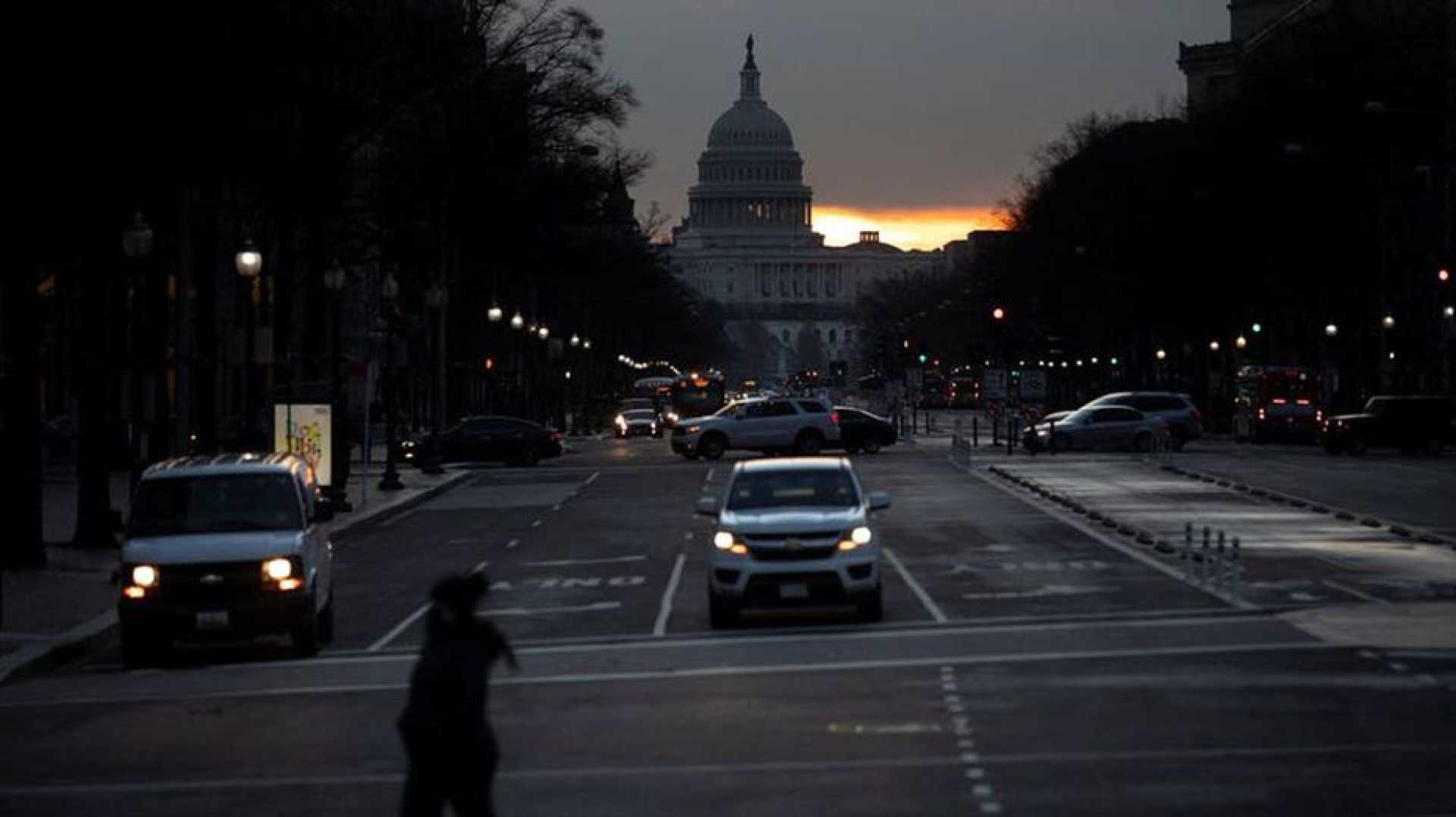News
Trump, Lawmakers Push to End Daylight Saving Time Nationwide

President-elect Donald Trump and lawmakers are renewing efforts to eliminate daylight saving time (DST), calling the twice-yearly clock changes “inconvenient and very costly to our Nation.” Sen. Rick Scott (R-Florida) reintroduced legislation on Jan. 8 to establish a permanent time standard, aiming to simplify life for American families.
“I hear from Americans constantly that they are sick and tired of changing their clocks twice a year — it’s an unnecessary, decades-old practice that’s more of an annoyance to families than benefit to them,” Scott said in a statement. He described the proposed change as a “common-sense” solution to streamline daily routines.
Daylight saving time became a national standard in 1966 when President Lyndon B. Johnson signed the Uniform Time Act, initially intended to conserve energy by extending daylight hours. In 2005, the Energy Policy Act expanded DST to its current schedule, running from the second Sunday in March to the first Sunday in November. However, critics argue that the energy savings are minimal and that the practice disrupts sleep patterns and productivity.
This is not the first attempt to end DST. In 1974, President Richard Nixon signed a bill to make DST permanent, but public backlash over late sunrises led to its repeal within the same year. More recently, the Sunshine Protection Act, which would make DST permanent, passed the Senate unanimously in 2022 but stalled in the House and was not signed into law by President Joe Biden.
Currently, states can opt out of DST but must adhere to federal guidelines if they choose to observe it. Florida has already passed legislation to end clock changes, signed by then-Governor Rick Scott in 2018, though it awaits federal approval. Nineteen other states have enacted similar measures, contingent on congressional action or neighboring states’ adoption of the same policy.
New York is also considering a bill to study the effects of opting out of DST, which is now in the Senate finance committee. Meanwhile, Arizona and Hawaii, along with five U.S. territories, do not observe DST due to their unique geographic and climatic conditions.
Daylight saving time will resume on March 9, 2025, when clocks “spring forward” and Americans lose an hour of sleep. Advocates for ending DST argue that a permanent time standard would eliminate this disruption and provide consistency for businesses, schools, and families.












